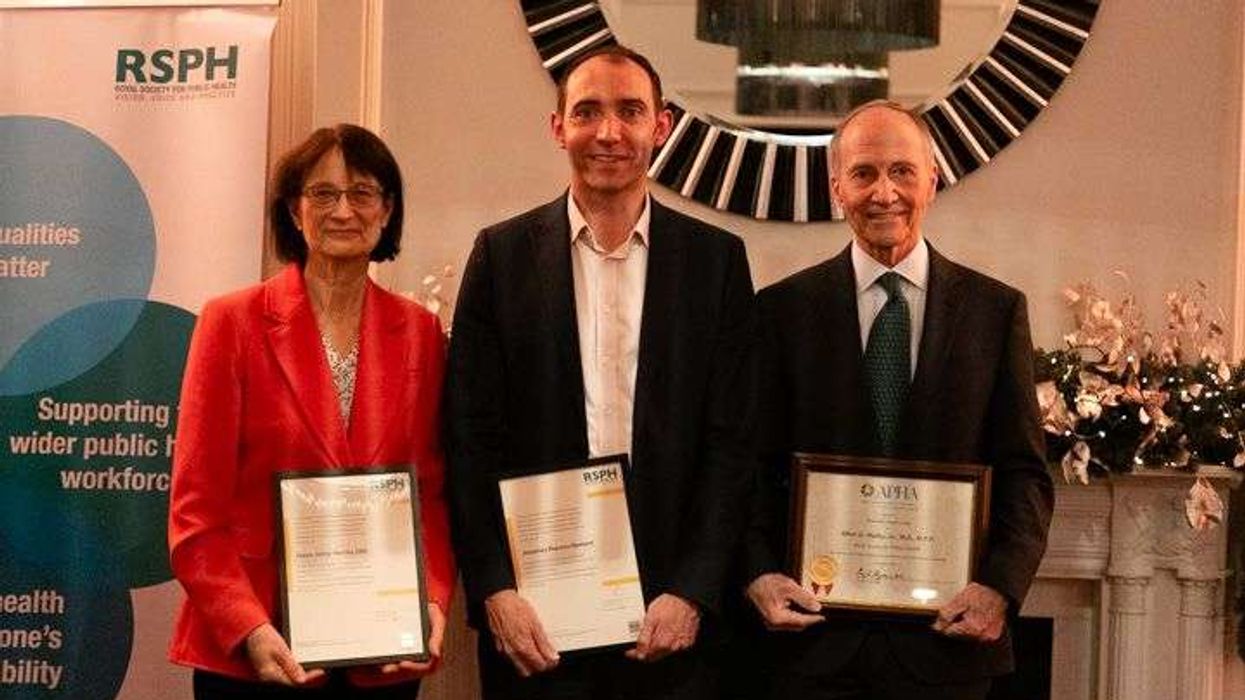More than two-thirds of black, Asian and minority ethnic (BAME) pharmacy workforce across primary and secondary care have yet to be risk-assessed for Covid-19, a new survey has revealed.
This comes nearly two months after NHS England sent a letter to community pharmacies on April 29, which advised employers to risk-asses staff at potentially greater risk.
Recommendations from a Public Health England report on the impact of Covid-19 on BAME groups have reinforced the importance of risk assessment, while Pharmacists' Defence Association has launched a toolkit to help mitigate virus risks in pharmacies.
The latest survey from the Royal Pharmaceutical Society (RPS) and the UK Black Pharmacists Association (UKBPA) reveals that 78 per cent of black pharmacists and pre-regs believe they were at risk of COVID-19 and changes to their working practices are required.
Both RPS and UKBPA have already called for individual risk assessments to be mandatory for BAME staff and intend to re-survey pharmacists and pre-regs in a month’s time to check if there has been any improvement.
The RPS and UKBPA have also written to ministers in England, Wales and Scotland, calling for support for BAME pharmacists and team members.
“It’s shocking that pharmacists across primary and secondary care, especially colleagues from BAME backgrounds, are telling us they have still not been risk assessed, RPS President Sandra Gidley said, adding: “Employers must take urgent action to address this and ensure pharmacists and their team can continue looking after patients safely.
The RPS has developed a position statement in consultation with the UKBPA and The Association of Pharmacy Technicians UK (APTUK) to support pharmacy teams on the frontline. It urges employers to undertake appropriate risk assessments for all pharmacy staff and implement mitigating actions to reduce risk to pharmacy staff from all vulnerable groups.
UKBPA President Elsy Gomez Campos said: “It is concerning to hear that pharmacy colleagues are still waiting for a Covid-19 risk assessment. Pharmacy staff need to feel safe if they are going to do their job without fear or anxiety. We now know that Covid-19 has negatively affected the BAME population the most, including health and care staff.
APTUK President Liz Fidler said the association was committed to working with others across the profession so that members, pharmacy technicians and support staff from BAME backgrounds receive appropriate risk assessments.
The survey received 380 responses between June 12 and June 22, of which 236 respondents were from a BAME background.











